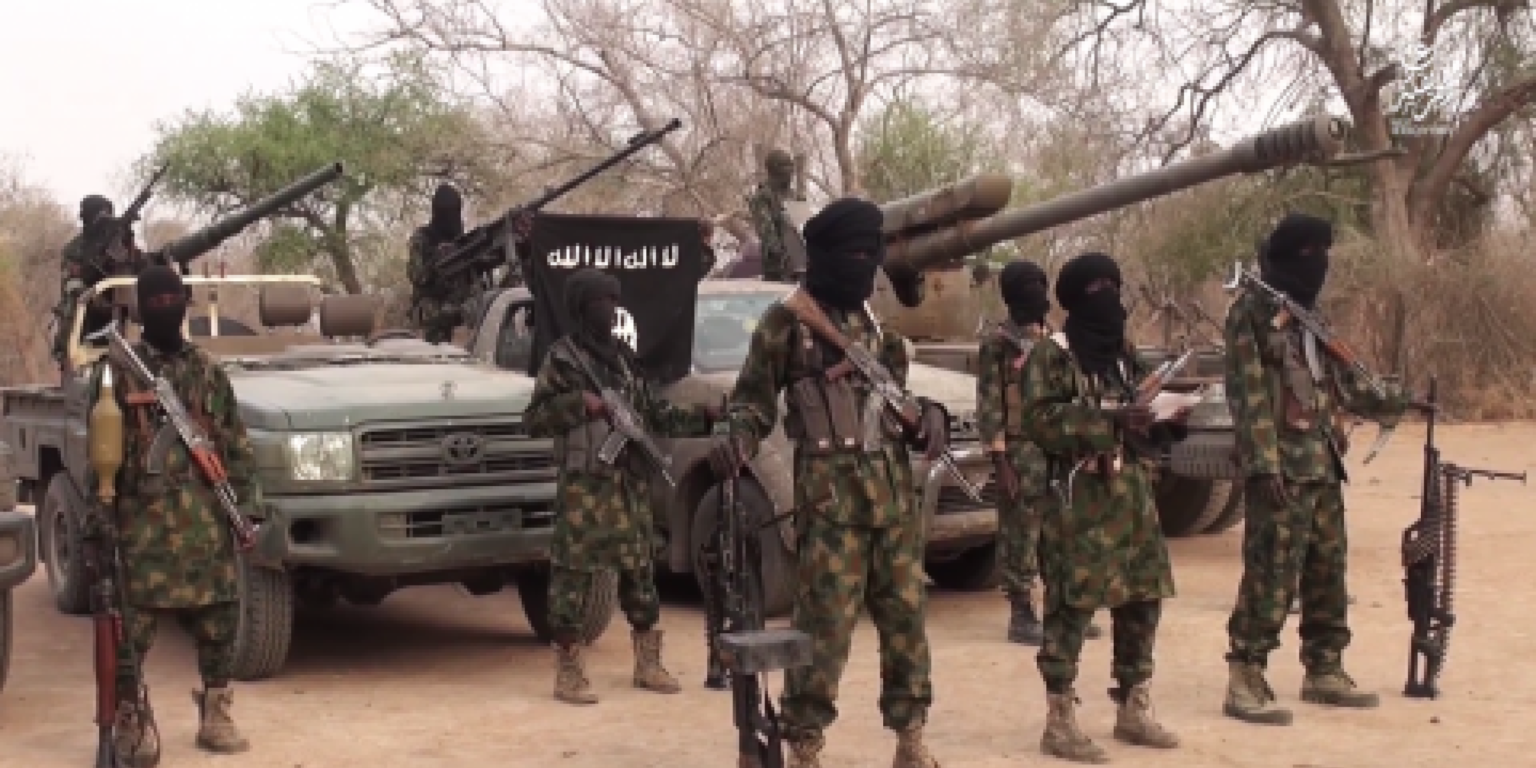By Sakariyah, Ridwanullah
Boko Haram, originally known as Jamā’at Ahl as-Sunnah lid-Da’wah wa’l-Jihād (جماعة أهل السنة للدعوة والجهاد), is an extremist Islamist sect founded in 2002 in Maiduguri, Borno State, Nigeria, by Mohammed Yusuf. Yusuf, a Salafist preacher, founded the group with the backing of the Izala Society but quickly broke away to form his faction, hostile to Western influence. Records show that Yusuf established “a religious complex and school that attracted many Muslim families in the region.” The group describes itself as a jihadist militant movement based in north-eastern Nigeria and is also active in Chad, Niger, northern Cameroon, and Mali.
The Hausa phrase “Boko Haram” combines the words Boko (a local adaptation of “book,” referring to the Western style of education introduced during colonial rule) and Haram (an Arabic word meaning “forbidden” or “sinful”). The name, widely translated as “Western education is forbidden,” reflects the group’s rejection of Western-style learning, secular governance, and cultural influences, which they claim corrupt Islamic values.
Initially, the group operated as a non-violent religious movement preaching a return to what it considered pure Islamic practice, thereby rejecting Nigeria’s secular constitution and modern institutions. Members reportedly lived in a self-contained community, withdrawing from mainstream society. However, Boko Haram transformed into a deadly insurgent movement under the leadership of Abubakar Shekau after a violent clash with security forces in July 2009, during which hundreds of members were killed, and Yusuf died in police custody.
Following Yusuf’s death, Boko Haram’s activities escalated sharply. In April 2014, the group abducted 276 schoolgirls from Chibok, Borno State. The abduction drew widespread condemnation both in Nigeria and abroad, with calls for the girls’ immediate release. The then UN Secretary-General, Ban Ki-moon, stated:
“We must never forget the kidnapped Chibok girls… I will not stop calling for their immediate release and their safe return to their families.”
Boko Haram becomes global terror menace
The Chibok abduction became a turning point, stoking international outrage and cementing Boko Haram’s status as a global terror menace.
According to the Associated Press (AP News), the insurgency has killed more than 35,000 civilians and displaced over 2 million people. Amnesty International, citing UN data, also affirms that the conflict “has created a humanitarian crisis, with more than 2,000,000 people displaced.” To date, security remains fragile. The Guardian Nigeria (2025) recently reported that Borno State Governor Babagana Zulum warned of renewed Boko Haram attacks and kidnappings, noting that areas once considered safe are again under threat.
The group’s internal divisions have further complicated Nigeria’s security strategy. In 2015, Boko Haram splintered into two factions: one loyal to Abubakar Shekau and another aligned with the Islamic State of Iraq and Syria (ISIS), known as the Islamic State West Africa Province (ISWAP), led by Abu Musab al-Barnawi. The UN Security Council (2016) documented this shift, explaining: “Before 2016, ISIL leadership recognised and appointed Abu Musab al-Barnawi as the de facto leader of ISWAP… Due to infighting, the group split into two factions: the Shekau-led JAS and the new ISWAP.”
A 2025 report from ICIR Nigeria warns of the group’s resurgence: “ISWAP… launched a sinister ‘Camp Holocaust’ in the Lake Chad Basin… signalling a more aggressive and confident posture from the terrorist group.”
Today, Nigeria faces a fragmented insurgency. The rise of ISWAP signals a shift toward a more coordinated and strategic approach to attacks, even as government troops struggle to contain the violence. Security analysts caution that if Boko Haram and ISWAP were to realign, the result could be an even deadlier force—an alliance too dangerous to ignore.



